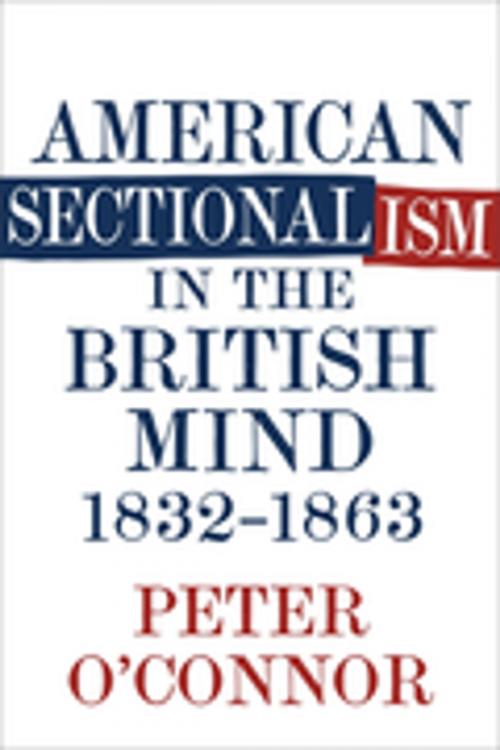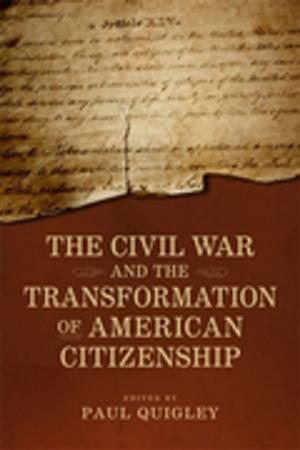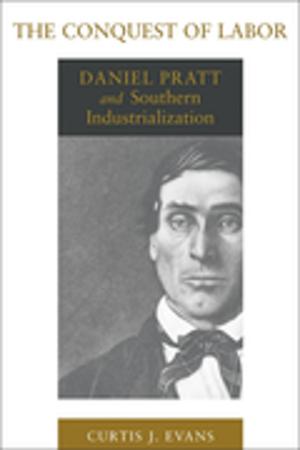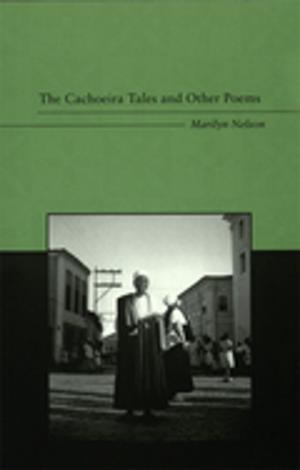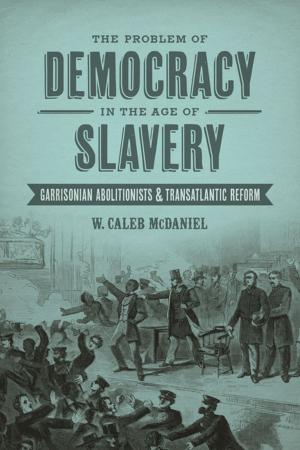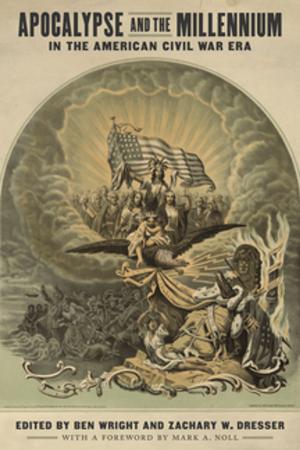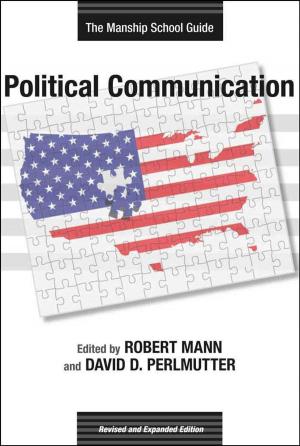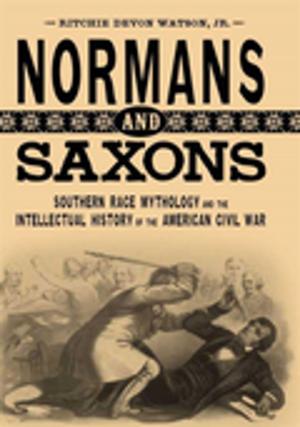American Sectionalism in the British Mind, 1832-1863
Nonfiction, Social & Cultural Studies, Social Science, Discrimination & Race Relations, History, Americas, United States, Civil War Period (1850-1877)| Author: | Peter O'Connor | ISBN: | 9780807168172 |
| Publisher: | LSU Press | Publication: | November 13, 2017 |
| Imprint: | LSU Press | Language: | English |
| Author: | Peter O'Connor |
| ISBN: | 9780807168172 |
| Publisher: | LSU Press |
| Publication: | November 13, 2017 |
| Imprint: | LSU Press |
| Language: | English |
In American Sectionalism in the British Mind, 1832–1863, Peter O’Connor uses an innovative interdisciplinary approach to provide a corrective to simplified interpretations of British attitudes towards the United States during the antebellum and early Civil War periods. Exploring the many complexities of transatlantic politics and culture, O’Connor examines developing British ideas about U.S. sectionalism, from the abolition of slavery in the British Empire and the Nullification Crisis in South Carolina to the Civil War.
Through a close reading of travelogues, fictional accounts, newspaper reports, and personal papers, O’Connor argues that the British literate population had a longstanding familiarity with U.S. sectionalism and with the complex identities of the North and South. As a consequence of their engagement with published accounts of America produced in the decades leading up to the Civil War, the British populace approached the conflict through these preexisting notions.
O’Connor reveals even antislavery commentators tended to criticize slavery in the abstract and to highlight elements of the system that they believed compared favorably to the condition of free blacks in the North. As a result, the British saw slavery in the U.S. in national as opposed to sectional terms, which collapsed the moral division between North and South. O’Connor argues that the British identified three regions within America—the British Cavalier South, the British Puritan New England, and the ethnically heterogeneous New York and Pennsylvania region—and demonstrates how the apparent lack of a national American culture prepared Britons for the idea of disunity within the U.S. He then goes on to highlight how British commentators engaged with American debates over political culture, political policy, and states’ rights. In doing so, he reveals the complexity of the British understanding of American sectionalism in the antebellum era and its consequences for British public opinion during the Civil War.
American Sectionalism in the British Mind, 1832–1863 re-conceptualizes our understanding of British engagements with the United States during the mid-nineteenth century, offering a new explanation of how the British understood America in the antebellum and Civil War eras.
In American Sectionalism in the British Mind, 1832–1863, Peter O’Connor uses an innovative interdisciplinary approach to provide a corrective to simplified interpretations of British attitudes towards the United States during the antebellum and early Civil War periods. Exploring the many complexities of transatlantic politics and culture, O’Connor examines developing British ideas about U.S. sectionalism, from the abolition of slavery in the British Empire and the Nullification Crisis in South Carolina to the Civil War.
Through a close reading of travelogues, fictional accounts, newspaper reports, and personal papers, O’Connor argues that the British literate population had a longstanding familiarity with U.S. sectionalism and with the complex identities of the North and South. As a consequence of their engagement with published accounts of America produced in the decades leading up to the Civil War, the British populace approached the conflict through these preexisting notions.
O’Connor reveals even antislavery commentators tended to criticize slavery in the abstract and to highlight elements of the system that they believed compared favorably to the condition of free blacks in the North. As a result, the British saw slavery in the U.S. in national as opposed to sectional terms, which collapsed the moral division between North and South. O’Connor argues that the British identified three regions within America—the British Cavalier South, the British Puritan New England, and the ethnically heterogeneous New York and Pennsylvania region—and demonstrates how the apparent lack of a national American culture prepared Britons for the idea of disunity within the U.S. He then goes on to highlight how British commentators engaged with American debates over political culture, political policy, and states’ rights. In doing so, he reveals the complexity of the British understanding of American sectionalism in the antebellum era and its consequences for British public opinion during the Civil War.
American Sectionalism in the British Mind, 1832–1863 re-conceptualizes our understanding of British engagements with the United States during the mid-nineteenth century, offering a new explanation of how the British understood America in the antebellum and Civil War eras.
